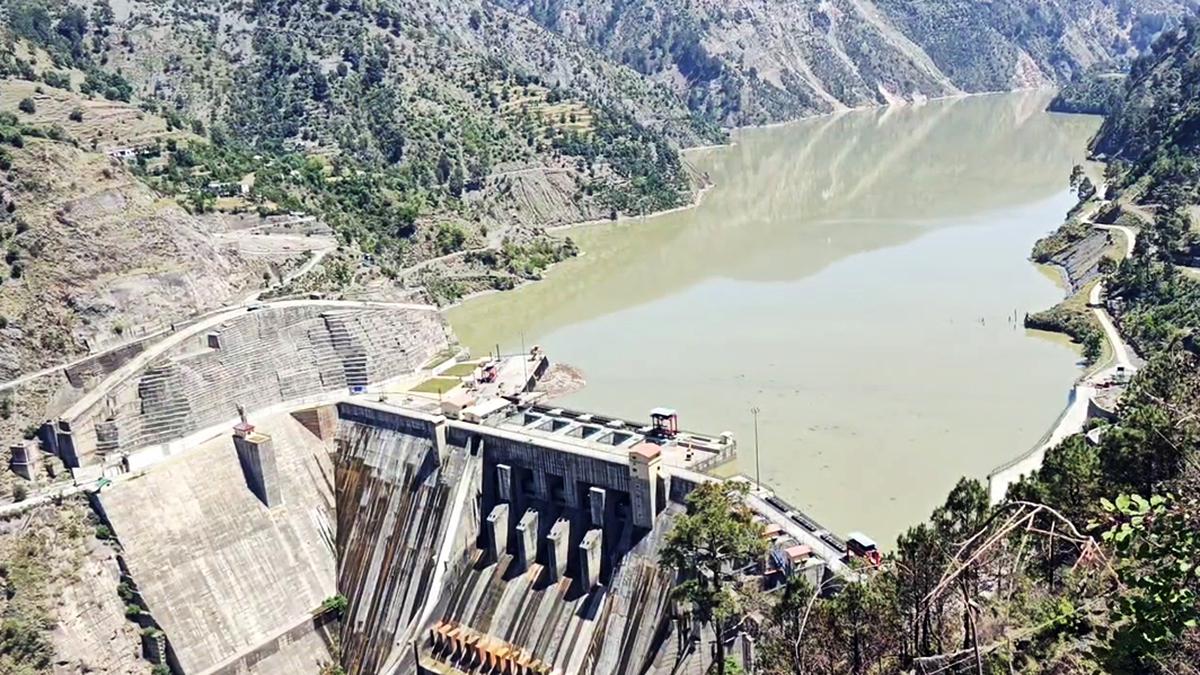
Pahalgam terror attack: India to explore ‘never considered’ options on Indus Waters Treaty
The Hindu
India will explore options that it has never considered under the Indus Waters Treaty; could include withdrawing from talks on evolving a new ‘Dispute Resolution Mechanism’, change design of its hydropower electric projects to allow it to store greater quantities of water and deploy ‘draw down flushing’ of its reservoirs
India will explore “options that it has never considered” under the Indus Waters Treaty (IWT). These could include withdrawing from talks on evolving a new ‘Dispute Resolution Mechanism’, change the design of its hydropower electric projects to allow it to store greater quantities of water and deploy ‘draw down flushing’ of its reservoirs, a senior official told The Hindu on condition of anonymity.
“As an upper riparian state, we have always been very responsible. Following the Uri attacks (in 2016) we didn’t, even then, consider options outside of the IWT. But this time, it may be different,” the person added.
Drawing down reservoirs means releasing accumulated water to remove muck and silt to keep hydropower projects running optimally.
Following the Pahalgam attack, India announced on Wednesday (April 23, 2025) that it would hold the IWT, in place since 1960, “in abeyance”. While on the surface it implies that India will stop its periodic communication with Pakistan on sharing hydrological data on the Indus rivers, or keep them apprised of infrastructural work on hydroelectric projects in the Chenab, Jhelum and the Indus main, also known as the western rivers.
Also read | How the Indus Treaty was signed
Even prior to the Pahalgam incident, the Permanent Indus Commission — or the teams of experts from India and Pakistan that attempt to resolve disputes regarding the sharing of the waters of the Indus basin — has not convened since 2022. India in 2023 had called on Pakistan to “renegotiate” the treaty primarily because several of the original circumstances that prevailed when the treaty was formed had changed. The main ask was to evolve a new dispute resolution mechanism.
Under the terms of the IWT, India cannot create significant hydropower storage on the Western rivers and must maintain water levels at prescribed levels, to ensure that no untoward flooding or disruption of Pakistan’s agriculture happens. In nearly all of the disputes over the years regarding developing hydropower projects, Pakistan has accused India of modifying the design of structures to be able to perniciously control the flows of the rivers with India then clarifying that its intentions were purely to keep the projects running in optimal conditions. “For India to weaponise the waters of the Indus, it has to completely ignore the IWT. Under the current terms of the treaty, this can’t be done,” said a scientist affiliated to the Central Water Commission.

 Run 3 Space | Play Space Running Game
Run 3 Space | Play Space Running Game Traffic Jam 3D | Online Racing Game
Traffic Jam 3D | Online Racing Game Duck Hunt | Play Old Classic Game
Duck Hunt | Play Old Classic Game











